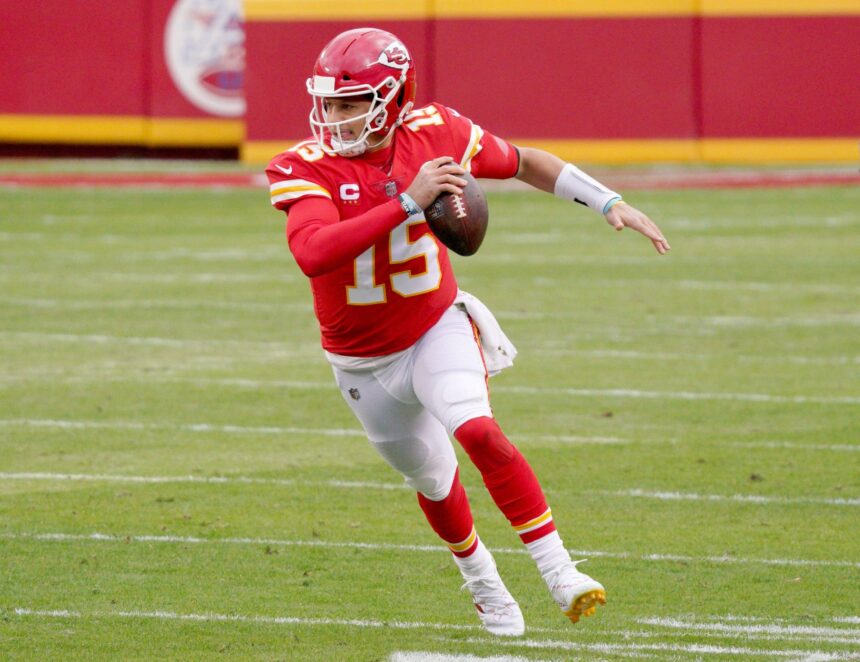The legalization of sports betting is rapidly sweeping across the United States. Since the Supreme Court overturned PASPA in 2018, the federal ban on sports wagering, dozens of states have legalized sports betting in some form. This sea change has dramatically impacted the sports industry and presents new opportunities and challenges for all LuckyDream stakeholders.
The Professional and Amateur Sports Protection Act (PASPA) made sports gambling illegal across the US beginning in 1992. This federal law grandfathered in four states that already had legal sports wagering: Nevada, Oregon, Delaware, and Montana. However, it banned all other states from legalizing sports betting.
Shift in Public Opinion Towards Legal Sports Betting
In the 26 years between the PASPA legislation and its eventual repeal, public opinion dramatically shifted in favor of legalized sports gambling. A number of factors contributed to this change:
- Proliferation of illegal offshore betting sites
- Success of sportsbooks in Las Vegas
- Increased public acceptance of gambling activities (Online casino reviews)
- Massive revenue generation from legal sports betting
By 2017, over 60% of Americans were in favor of legal sports betting according to public opinion polls. The growing momentum behind sports wagering set the stage for a landmark Supreme Court case that would overturn PASPA.
Murphy v NCAA Supreme Court Ruling
In 2018, the Supreme Court ruled on Murphy v NCAA, a case filed by New Jersey regarding PASPA violating state rights. In a 6-3 vote, SCOTUS ruled that PASPA was unconstitutional, striking down the federal ban on state-legalized sports gambling.
This monumental decision gave individual states the power to set their own sports betting laws. While sports gambling remained technically illegal until state legislatures passed new laws, this case opened the floodgates to rapid legalization across much of the country.
Table 1. State Sports Betting Legalization
| State | Year Legalized |
| Nevada | Pre-PASPA (1949) |
| Delaware | Pre-PASPA (1976) |
| Oregon | Pre-PASPA (1989 for lottery sports betting) |
| Montana | Pre-PASPA (1973) |
| New Jersey | 2018 |
| Mississippi | 2018 |
| West Virginia | 2018 |
| New Mexico | 2018 |
| Pennsylvania | 2018 |
| Rhode Island | 2018 |
| Arkansas | 2018 |
| New York | 2019 |
| Iowa | 2019 |
| Indiana | 2019 |
| New Hampshire | 2019 |
| Colorado | 2020 |
| Illinois | 2020 |
| Michigan | 2020 |
| Tennessee | 2020 |
| Virginia | 2021 |
| Connecticut | 2021 |
| South Dakota | 2021 |
| Wyoming | 2021 |
| Arizona | 2021 |
| Louisiana | 2021 |
| Maryland | 2021 |
| North Carolina | 2021 |
| North Dakota | 2021 |
| Washington | 2021 |
| Kansas | 2022 |
| Massachusetts | 2022 |
| Ohio | 2022 |
| Nebraska | 2022 |
| New York | 2022 |
Rapid State Legalization Across America
As shown in Table 1, in just four years since the Murphy ruling, over 30 states have legalized sports betting, with a number of others in the process of doing so. This tidal wave of legalization has completely reshaped the sports industry.
Projections show that with around half of states now allowing legal sports wagering, sportsbook operators are expected to bring in $10 billion in gross gaming revenue by 2025. This growth has enriched a wide variety of stakeholders:
- State tax revenue gains from gambling taxes
- Team/league revenue from sponsorships and data rights
- Sports media advertising and subscription boosts
- Job creation in sportsbooks and affiliated businesses
However, this expansion has also come with public policy challenges for legislators and regulators. States legalizing sports betting have critical decisions around issues like:
- Tax rates – balancing revenue generation versus business competitiveness
- Mobile/online betting options – security and responsible gambling concerns
- Regulation authority – lottery commissions or gaming/racing boards typically oversee
- Licensing operators – background checks important for integrity and ethics
- Data rights deals with leagues – some want “integrity fees” for providing official data
These decisions have significant implications for long-term commercial outcomes and public welfare. Most states are still in the early stages of this process as more empirical evidence becomes available over time on the impacts of different policy approaches.
Future Outlook Remains Dynamic
The future landscape for American sports betting legislation remains very dynamic. Over a dozen states continue to debate proposals to legalize sports gambling. Anti-gambling interests may also push back with additional restrictions in some states.
The interstate compacting of player pools also promises to add an extra layer of complexity for regulators. States have begun discussing agreements to connect betting markets across state lines, improving liquidity but challenging policy alignment.
One near certainty is that the prevalence of legal American sports betting will continue growing in the years ahead. This will provide new ways for sporting events to engage fans while creating unique regulatory challenges around problem gambling and integrity. By taking a deliberate, evidence-based approach, policymakers can maximize the economic benefits of expanded legal sports wagering while mitigating its risks.












